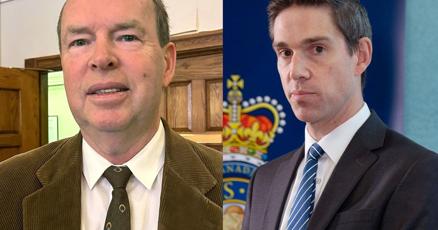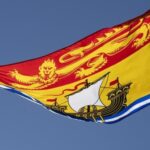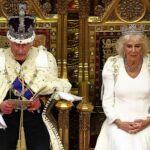In a pivotal moment for Newfoundland and Labrador’s political landscape, Liberal Party delegates gather today in St. John’s to select not only their new party leader but the province’s next premier. The convention marks the culmination of months of campaigning that has revealed deep ideological divisions within the party and could signal a significant shift in the province’s governance approach.
“This isn’t just about selecting a party leader—it’s about determining the trajectory of Newfoundland and Labrador during a period of economic uncertainty and demographic challenges,” remarked Dr. Eleanor Winters, political scientist at Memorial University. “The decision made today will reverberate throughout the province for years to come.”
The leadership contest features three candidates with distinct visions for the province’s future. Andrew Furey, the incumbent premier who has led since August 2020, faces challenges from former provincial cabinet minister John Abbott and prominent business leader Lisa Dempster. Each candidate has cultivated support bases within the party’s approximately 7,000 registered members, setting the stage for what analysts predict will be a closely contested vote.
Furey’s leadership has been marked by efforts to address the province’s mounting $47.3 billion debt—the highest per capita in Canada—while navigating post-pandemic economic recovery. His administration has focused on healthcare reform and economic diversification, though critics within the party have questioned the pace of change.
“The delegates today aren’t just voting on personalities, they’re making a fundamental choice about fiscal philosophy,” noted James O’Reilly, political correspondent for the Telegram. “Do they embrace Furey’s measured approach to reform, or do they opt for more aggressive fiscal restructuring proposed by his opponents?”
The leadership convention employs a preferential ballot system, with delegates ranking candidates in order of preference. If no candidate secures more than 50 percent on the first ballot, the lowest-performing candidate will be eliminated, and their supporters’ second choices will be redistributed until a winner emerges.
The stakes extend beyond party politics. With a provincial election mandated by provincial law to occur within 12 months of a new premier taking office, today’s decision effectively launches the next election campaign. Recent polling shows the Progressive Conservatives gaining ground, particularly in rural districts traditionally supportive of the Liberals.
Newfoundland and Labrador faces substantial challenges that will immediately confront the new leader. The province continues to grapple with Canada’s highest unemployment rate at 11.2%, a declining and aging population, and the ongoing transformation of its energy sector amid global shifts away from fossil fuels.
“The next premier must balance addressing our immediate fiscal challenges with laying groundwork for long-term economic sustainability,” emphasized Dr. Margaret Sullivan, economist at the Atlantic Provinces Economic Council. “This requires difficult decisions about resource development, public sector expenditures, and investment priorities.”
As delegates cast their ballots today, the question remains: will Newfoundland and Labrador’s Liberals opt for continuity or change, and how will their choice reshape the province’s approach to its formidable economic and demographic challenges?










